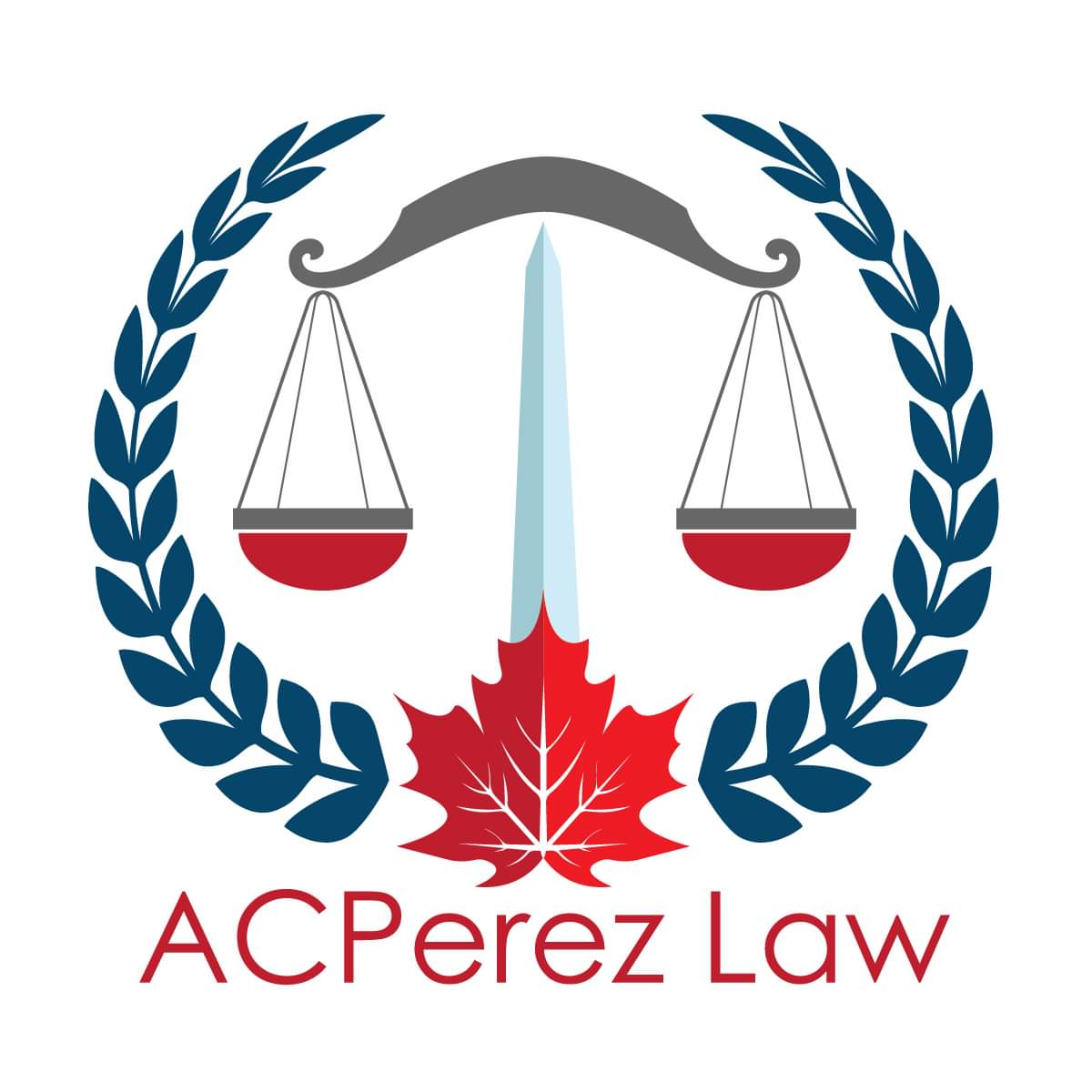Case Digest: Chu v. Canada (Citizenship and Immigration)
- ACPerez Law

- Oct 29, 2024
- 3 min read
Citation: 2024 FC 1695
Date: October 25, 2024
Court: Federal Court
File Number: IMM-10822-23

Facts:
Wai Kwong Chu, a citizen of Hong Kong, applied for a spousal open work permit in January 2023. In his application, Chu answered "No" to the question about prior convictions, claiming he misunderstood it as only referring to criminal offences similar to those found in Canada’s Criminal Code. A police clearance from Hong Kong revealed that Chu had been convicted of dangerous driving and other vehicle-related infractions in 2018. Upon reviewing these convictions, Immigration, Refugees and Citizenship Canada (IRCC) sent Chu a Procedural Fairness Letter (PFL), indicating concern that he had misrepresented his criminal history.
Chu explained that he thought the offences were minor motor vehicle infractions similar to provincial highway offences in Canada, and therefore did not disclose them. Despite his response, the visa officer found Chu inadmissible for misrepresentation under section 40(1)(a) of the Immigration and Refugee Protection Act (IRPA), concluding that his failure to disclose these convictions could have induced an error in processing his application.
Issue:
Was the visa officer's decision to refuse Chu’s application for a spousal open work permit on the grounds of misrepresentation reasonable?
Arguments:
Applicant's Argument: Chu argued that his omission was an honest mistake. He believed that the motor vehicle offences did not qualify as criminal offences under the question asked in the application form. Chu maintained that the officer failed to properly consider the "innocent mistake" exception.
Respondent's Argument: The visa officer argued that the question on the application was clear, asking whether Chu had been convicted of any offence in any country, not whether the offence matched a Canadian Criminal Code equivalent. The respondent emphasized that Chu’s failure to disclose his criminal history, despite the clear question, was grounds for inadmissibility.
Decision:
The Federal Court dismissed Chu’s application for judicial review, ruling that the visa officer’s decision was reasonable. The court held that Chu’s explanation for not disclosing his convictions was not credible, given the clarity of the question on the application. The court further ruled that Chu's convictions under Hong Kong law, including dangerous driving, were material facts that should have been disclosed.
Analysis:
Misrepresentation: The court reaffirmed that misrepresentation under section 40(1)(a) of the IRPA applies not only to intentional falsehoods but also to omissions that could lead to errors in immigration processing. Chu’s failure to disclose his convictions, even if based on a misunderstanding, amounted to material misrepresentation.
Innocent Mistake Exception: The court reiterated that the "innocent mistake" exception is narrow and did not apply in this case. Chu's interpretation of the question regarding prior convictions was deemed unreasonable, particularly given the seriousness of the dangerous driving conviction.
Equivalency of Offences: The court clarified that misrepresentation does not require an equivalency analysis between foreign offences and Canadian criminal law. The key issue is whether the applicant truthfully disclosed their convictions, regardless of how those offences might be classified in Canada.
Takeaways:
Full Disclosure is Crucial: When applying for Canadian immigration status, applicants must disclose any criminal convictions, regardless of how minor they may seem or how they might be classified in another country. Failure to disclose can result in serious consequences, including inadmissibility for misrepresentation.
Honest Mistakes Are Not Always Excused: The “innocent mistake” defense is rarely successful, and applicants should seek legal advice if they are unsure about what needs to be disclosed. Erring on the side of full transparency is essential.
Impact of Misrepresentation: Even seem ingly minor omissions, such as traffic-related convictions, can lead to an immigration refusal if they are not disclosed properly.
If you or someone you know is facing similar challenges, contact ACPerez Immigration Law or email us at info@acperezlaw.com for guidance on how to handle misrepresentation cases and how to navigate the complex Canadian immigration process.
For further details on the case, you can access the full judgment here. https://decisions.fct-cf.gc.ca/fc-cf/decisions/en/item/526732/index.do




Comments